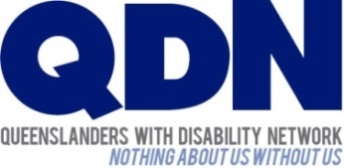A successful peer support network will have most of its members coming along regularly to meetings. The information below will help you to think about the follow up work that will get people to the next network meeting.
Meeting notes
- Indicates to members that the group’s meetings are useful and action comes out of them
- Honours members’ participation and contributions
- Reminds members of what happened in the meeting, and builds enthusiasm
Make sure your notes are clear and simple (not too ‘wordy’), that they reflect what happened, that actions and the people responsible are clear, that any information shared is attached if possible, and that the notes are shared with the group as soon as possible.
Meeting actions
- Make sure that any actions you are responsible for are completed with plenty of time before the next meeting.
- Let people know you have completed them in between meetings if possible – this may prompt others with actions to complete to do so.
- Check in with others who have actions to complete and offer support if they are struggling to do so.
- Check in with anyone who may have struggled or seemed upset in the meeting – they will feel supported and safe to return.
Communication between meetings
- Sending out notes as soon as you can – this will remind people of the meeting and how much they got from it.
- Asking people’s preferences for communication – how do they like to receive information – email, post, social media? How often is too often or how little is too little? This will help you to develop a communication plan that will meet most people’s needs.
- Starting an email or Facebook group – to take some of the pressure off you in keeping relationships developing and sharing information in between meetings (if this is wanted by the group), you could start an email and/or Facebook group. This is a great way for people to take responsibility for their own interactions – they can interact as much or as little as they like – and offers lots of opportunity for sharing extra information and building relationships and group cohesion.
Useful web links:
The Centre of Excellence for Peer Support (mental health) has some great resources for peer support networks: http://www.peersupportvic.org/index.php/2014-12-15-22-42-49/2014-12-16-02-22-27/Resources/
Co-authored by Queenslanders with Disability (QDN)

